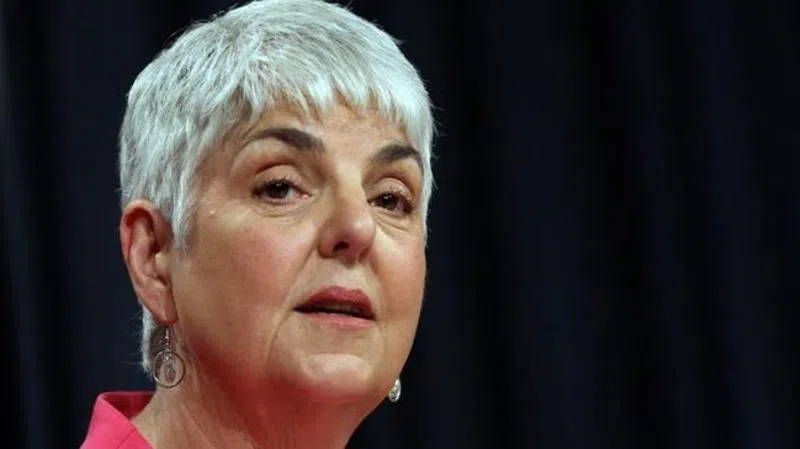
B.C. ramps up mental health support for front-line health care workers, families
VICTORIA — Two hundred psychologists in British Columbia are volunteering to provide free virtual counselling to front-line health workers as part of the province’s efforts to ramp up mental health services for anyone who needs them.
Premier John Horgan joined Mental Health and Addictions Minister Judy Darcy on Thursday to announce virtual supports that he said are necessary for people struggling during the pandemic.
“We need to hang together, we need to recognize that although we may feel stress, that we may feel bouts of depression at the challenges that we face as individuals, as a family and as a community, together we can get through this,” Horgan said.
Darcy said people experiencing anxiety, loneliness and the financial stress of losing a job, caring for children out of school or fearing illness need to reach out for help while living with precautionary measures that have limited contact with others during COVID-19.


